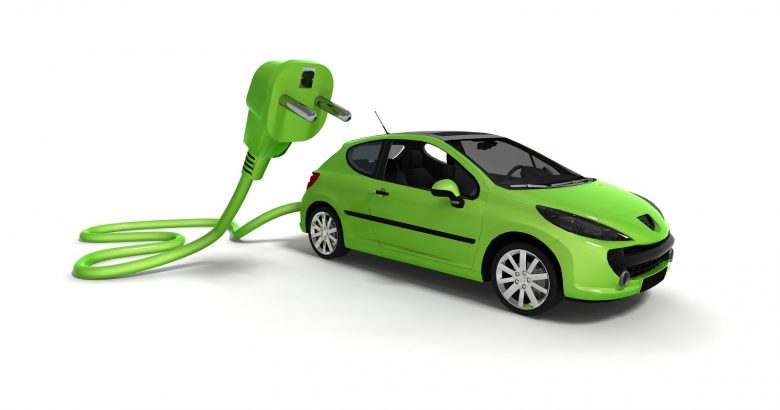
If you think that a plug-in hybrid vehicle is just a hybrid vehicle that you can “plug in,” you are not alone. Many people do. However, there is quite a difference in the technology between the two. In this article, we will look at the difference between these in greater detail. If you are considering the purchase of a “hybrid-type” car, you will probably find that one of these fits your lifestyle and transportation needs better than the other.
Hybrid Vehicles
Hybrid cars use both an internal combustion engine and an electric motor to propel the vehicle. So how does this work? Here’s what we learned from Efird of Florence, a local Chrysler, Dodge, Jeep, Ram dealer in Florence, SC. In its most basic form, a hybrid vehicle will use the electric motor to power the vehicle at lower speeds. It will then switch to the internal combustion engine plus the electric motor when faster speeds are required.
The principle advantage of owning a hybrid car is that it is very efficient. By coupling a small, gas-powered engine with a powerful electric motor, the vehicle will use less gas and will pollute less than a standard gasoline powered car. Another big advantage concerns long distance driving; if you are going to be driving hundreds of miles, a standard hybrid vehicle is your best choice because owners can take advantage of the existing infrastructure of gas stations.
Plug-In Hybrid Vehicles
Where a regular hybrid is pretty much a typical internal combustion engine with added an electrical motor, a plug-in hybrid approaches things differently. A plug-in hybrid is similar to a pure electric vehicle (a vehicle powered only by batteries). A plug-in hybrid uses its electric motor as often as possible. It will only make use of the internal combustion engine when the batteries run out of juice. In other words, a plug-in hybrid uses the battery’s power first before the gas engine kicks in.
The big advantage to this is the charging feature. If you “plug in” your vehicle during the day or night, you might never have the gas engine kick in. Especially if you drive your vehicle less than 100 miles or so per day because your vehicle will run off the batteries only.
Which type is best for you?
Ultimately, you should aim for a car that’s as free of gasoline use as possible. Doing this is not only good for the environment, it is good for your bank account. And remember, gas could get much more expensive in the future. If this happens, you would benefit in a big way.
So, which hybrid type is best? If your daily driving racks up less than 100-150 miles or so, consider a plug-in hybrid. The reason is that your car’s power will come primarily from the electricity that you charge your car with (which is cheaper than gasoline.) If your driving consists of far longer distances, consider a standard hybrid which can be gassed up at any filling station.